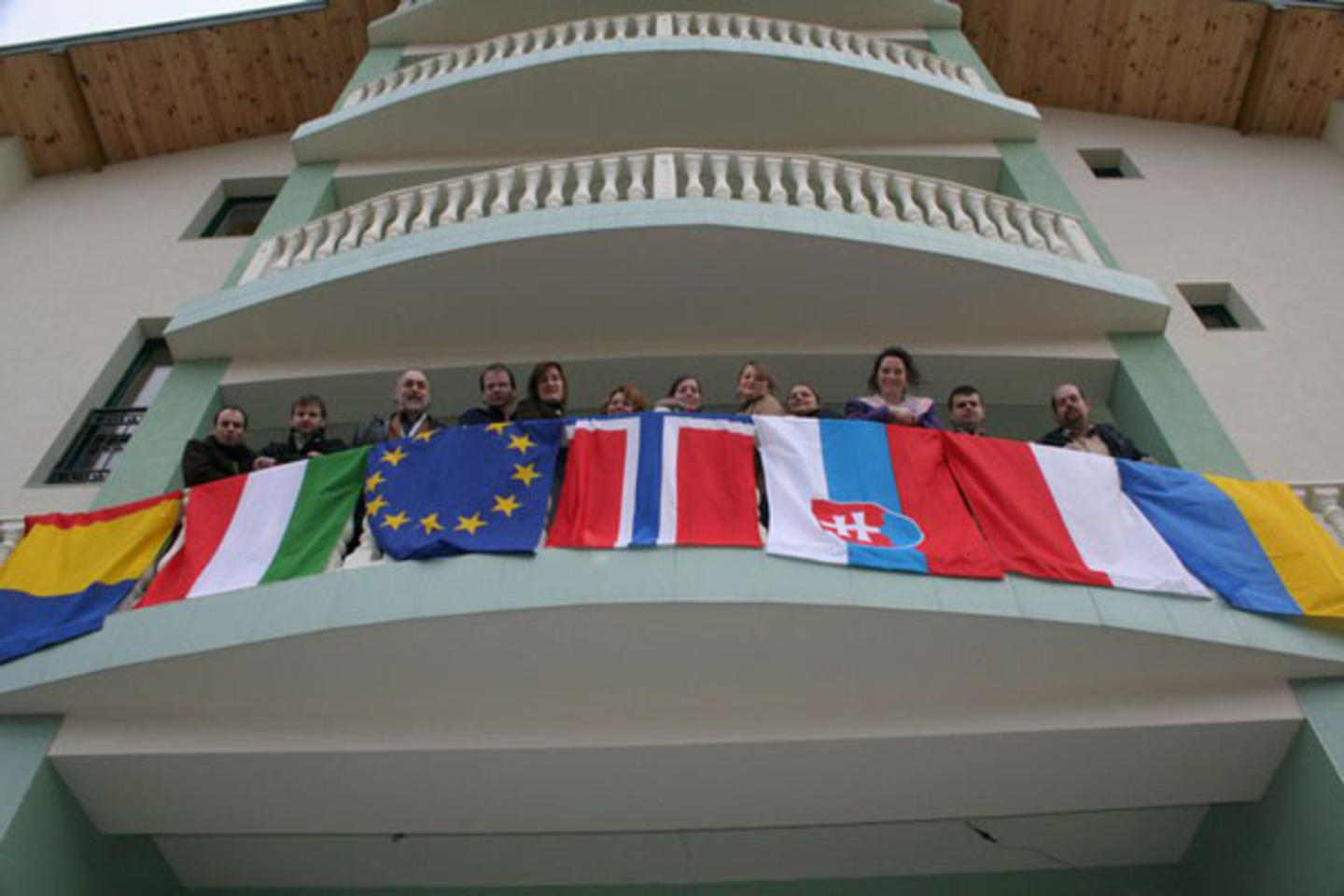The majority of projects financed during the previous round of EEA and Norway Grants were completed during the first four months of 2011, in time for the 30 April 2011 implementation deadline. So far, the beneficiary states have reported 1067 projects, programmes and funds as completed, 34 projects have been withdrawn and 97 projects have been granted extra time for implementation.
Although the large majority of projects are now successfully rounded off, the three donor states Iceland, Liechtenstein and Norway will continue to disburse grants over the coming months. To date, more than two thirds of the funding has been paid. “We are getting close to €800 million. In addition, substantial payments will be made later this year,” says Kurt Haugen, Head of the EEA and Norway Grants 2004-09 at the Financial Mechanism Office. Payments to projects are based on already incurred costs.
In addition to these 1198 projects managed through the Financial Mechanism Office in Brussels, 52 projects funded by the Norwegian Cooperation Programmes in Bulgaria and Romania (and managed separately by Innovation Norway) were also set to complete this spring.
Well targeted support
Reviews and evaluations of the use of the €1.3 billion support provided in the previous round show how the grants were well targeted, well-used, and in some cases also filled funding gaps.
Evaluation of support to NGO funds
The NGO funds, which backed 1,860 small-scale projects in Central and Southern Europe, channelled vital support to civil society organisations in the region, particularly in the areas of advocacy and social inclusion.
Review of support to Regional Policy and Cross-Border Activities
Grants to regional development and cross-border cooperation enhanced cross-border dialogue between local and regional entities in the border regions of EU countries.
Review of support to Greenhouse gases reductions
Funding in this area had important economic and social impacts - findings showed that energy costs were reduced and social and health conditions improved for users of energy renovated buildings, mostly schools and public health institutions.
Review of the Schengen acquis and strengthening the judiciary priority sector
The Schengen projects strengthened general law enforcement in the beneficiary states and more than 70 Schengen border crossings were secured.
Review of biodiversity support
The biodiversity projects were very relevant to the achievement of national and international biodiversity objectives and are estimated to have long-term positive impacts.
Review of cultural heritage support in the Czech Republic
A large number of key landmarks, historical buildings and other cultural heritage sites which were in dire need of renovation following decades of decline have been restored and made accessible again for local communities and tourists.
Review of energy saving and renewable energy projects in Poland
The energy savings in the 350 renovated public buildings in Poland, including schools, kindergartens and hospitals, are expected to exceed 50% on average.
Mid-term evaluation of the EEA and Norway Grants
The grants have been greatly appreciated in the beneficiary states and the funds have been highly visible. According to the report, funds and programmes appear to be most successful.
Review of Norwegian bilateral partnerships in the implementation of the EEA and Norway Grants
At the time of this review, in February 2008, 22% of the supported projects had Norwegian partners.
Ongoing:
A review of the support to academic research projects and two evaluations on the funding to cultural heritage and health and childcare are ongoing.
